In investing, it’s important to think unconventionally and creatively while at the same time considering risks – no matter how remote or unmanageable they are. I keep thinking: What would drive our interest rates up in the US?
China is the obvious culprit as it’s the largest holder of our fine Treasury obligations. If China’s exports to the US don’t recover to the pre-Great Recession level then, considering its large overcapacity and bad-debt problems, it may quite suddenly find itself unable to buy as many of our bonds/bills. Or even worse, it may start selling them. But this scenario is one I’ve discussed in the past more than once.
Then you start looking down the list of who’s who in the ownership of our government debt, and you find Japan only slightly behind China. Japanese interest rates were circling around zero, but they still failed to stimulate the economy that’s been in a recession for as long as I can remember. The Japanese savings rate was very high, and thus, as government debt ballooned over the last two decades, it was happily absorbed by consumers who were net savers – they had extra funds to invest. However, Japan has one of the oldest populations in the developed world. As people get older they save less; thus the savings rate has been on a decline in Japan. (The fact that their exports fell 36% did not help their savings rate, either. To save you need income).
The appetite for Japanese bonds will decline in tandem with their savings rate. The Japanese government (and corporations) will have to start offering higher yields to entice interest in its bonds. Interest rates in Japan will rise, and this of course will put a significant interest-servicing burden on the already highly leveraged Japanese government. But more importantly (at least from our selfish US perch), Japan will finally become a formidable competitor for borrowing. Our borrowing costs will rise. In addition, Japan may also start buying less or selling US debt, not by choice but out of necessity, putting additional pressure on US interest rates.
Not to appear as an “on the other hand” economist (I’m not one), but the counterargument to this is, the US consumer may become a net saver and will be able to offset (at least some of the) declining demand from our friends across the Pacific.
P.S. I was interviewed in last week’s Barron’s (you can read full interview on SmartMoney).
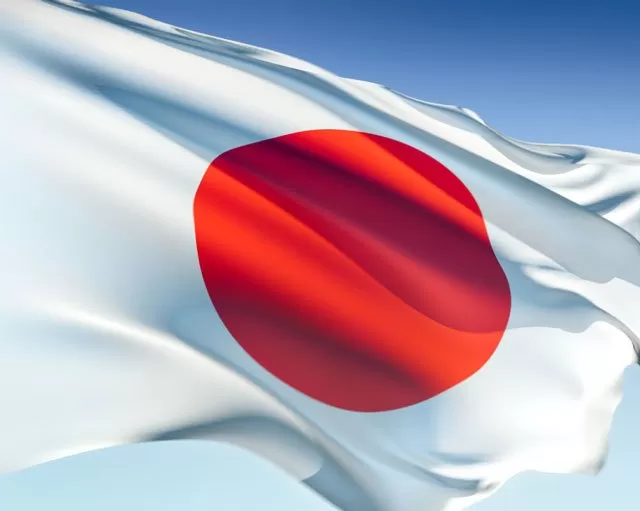
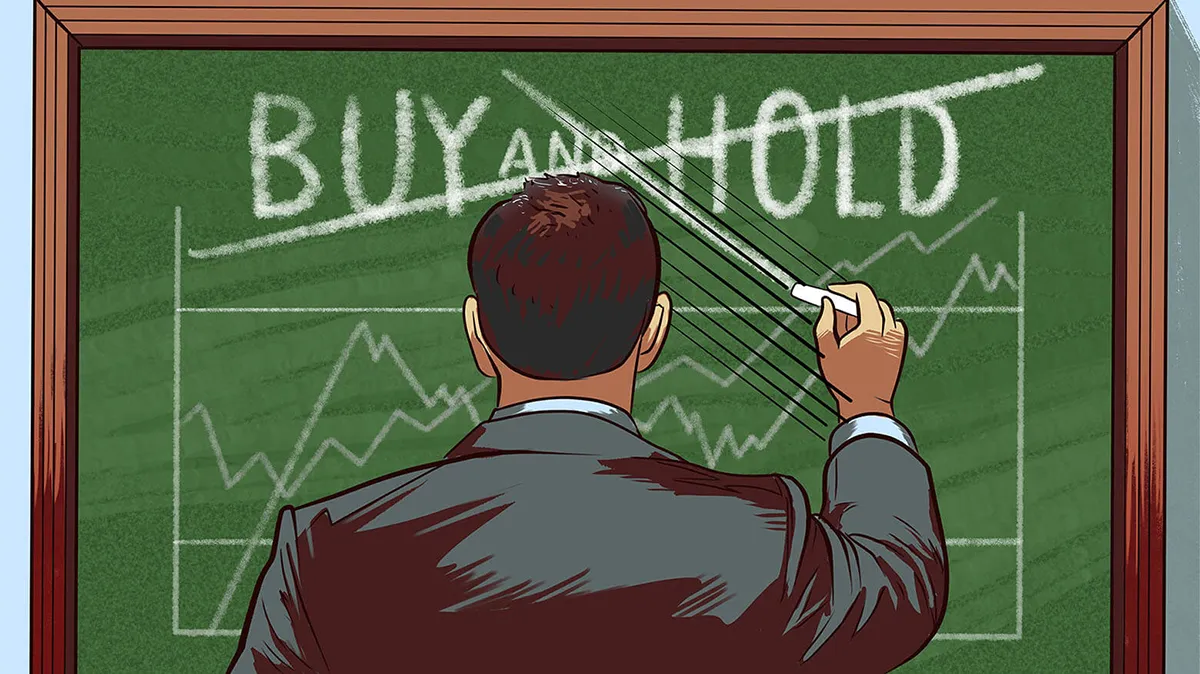
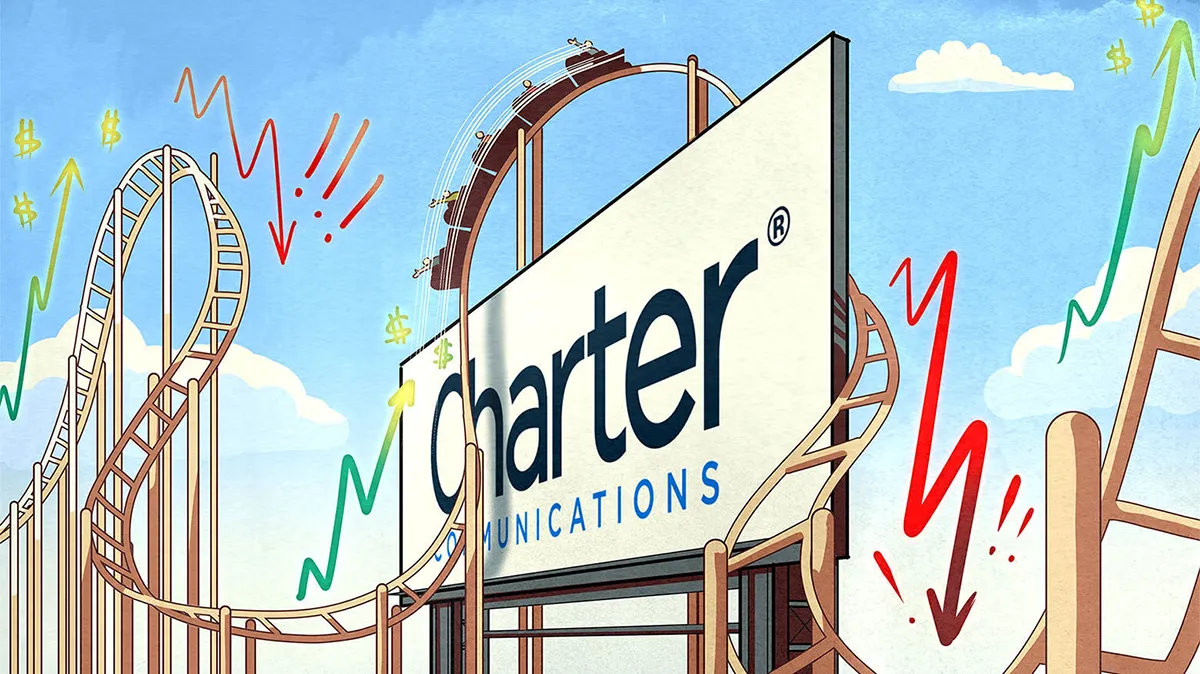
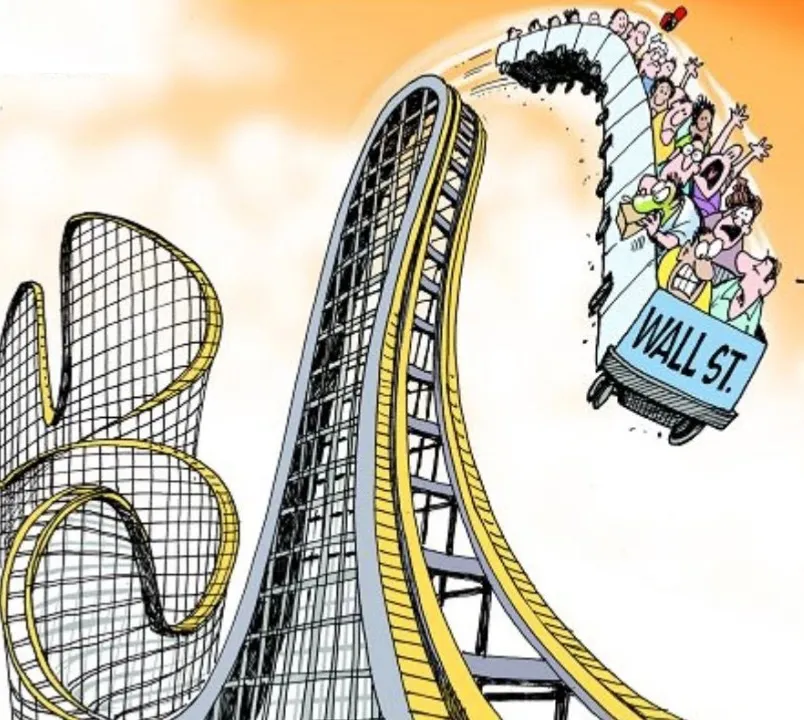
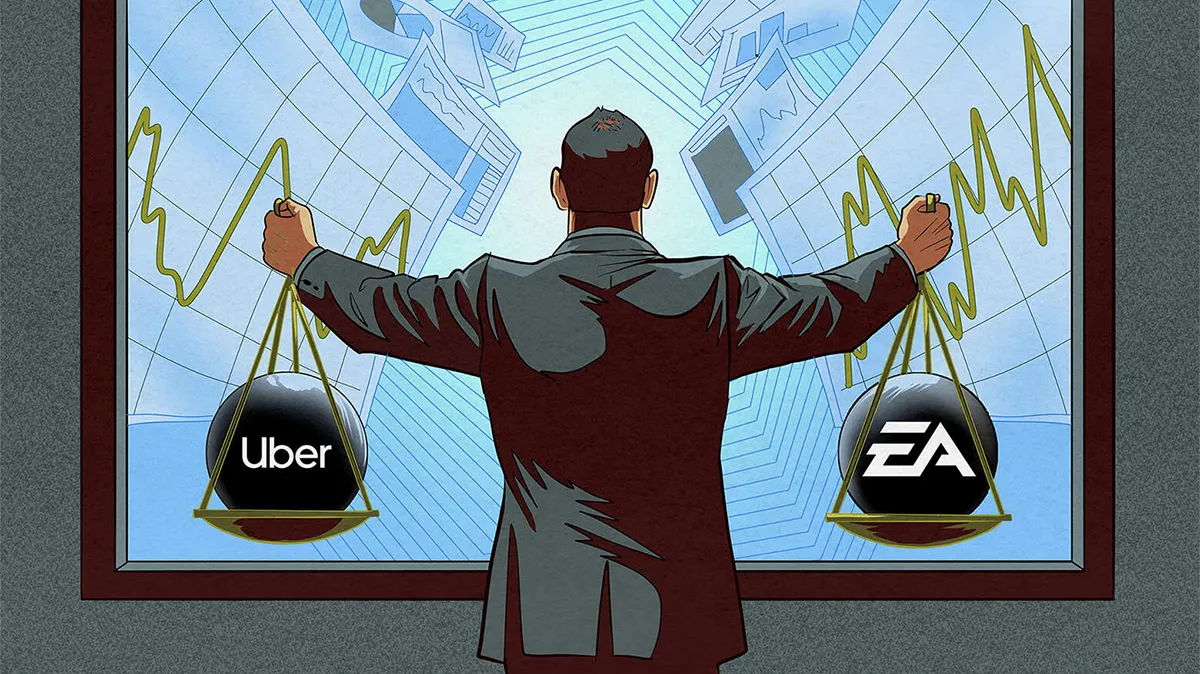





0 comments